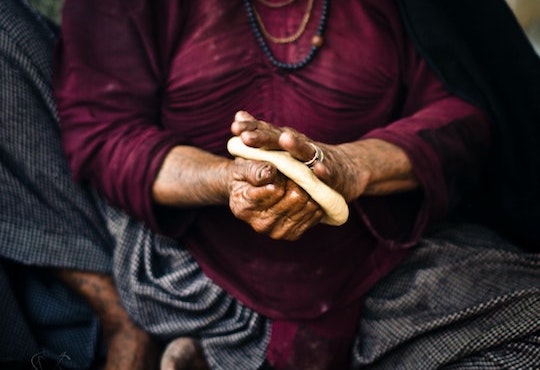Climate talks at the COP26 conference included attention on indigenous groups. “Indigenous peoples are at the center because they are the ones that are walking the walk,” said Yon Fernández de Larrinoa, head of the Indigenous Peoples’ unit at the UN. “They are living in communion and harmony with the environment, and that’s the only way to protect it in the long run.”
As Americans celebrate Thanksgiving and its history of European settlers sharing food and learning from Native Americans, indigenous people in the US are reconnecting with their roots to relearn what their ancestors knew—especially with food supply vulnerabilities during the pandemic.
The early cooperation between the settlers and natives that Thanksgiving is based on was short-lived. Throughout US history, indigenous people have been stripped of their resources and left dependent on the government. “I was raised on food programs by the government, which was necessary,” said Sean Sherman who grew up in the Pine Ridge reservation of South Dakota. “But it’s also really detrimental because of the poor nutritional aspects: over-processed food, tons of carbs, lots of sugar, over salted foods…you look at communities that are surviving under a program like that and you have diabetes, obesity, heart disease…that’s all a direct result.” Sherman is known as The Sioux Chef and founded Indigenous Food Lab which seeks to connect entrepreneurs creating healthy indigenous foods.
Learning the know-how of indigenous systems and applying it to how we live in an industrialized world brings a very different way of generating and producing food than what consumers are used to and expect.
Read full article How can indigenous knowledge help us create sustainable food systems? at: weforum.org
Photo credit: Photo by Harry Thaker on Unsplash
6 December 2021Original Author: Clarisa Diaz

